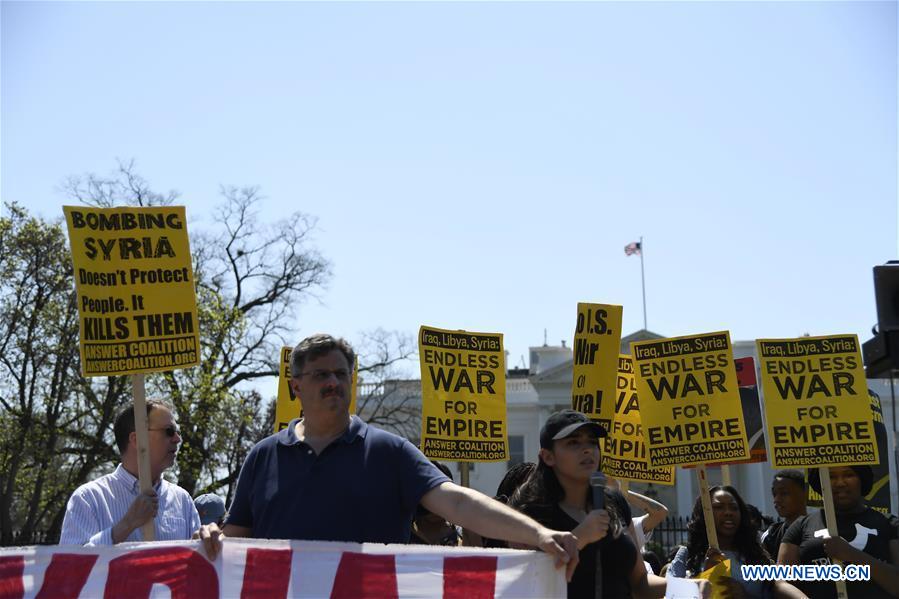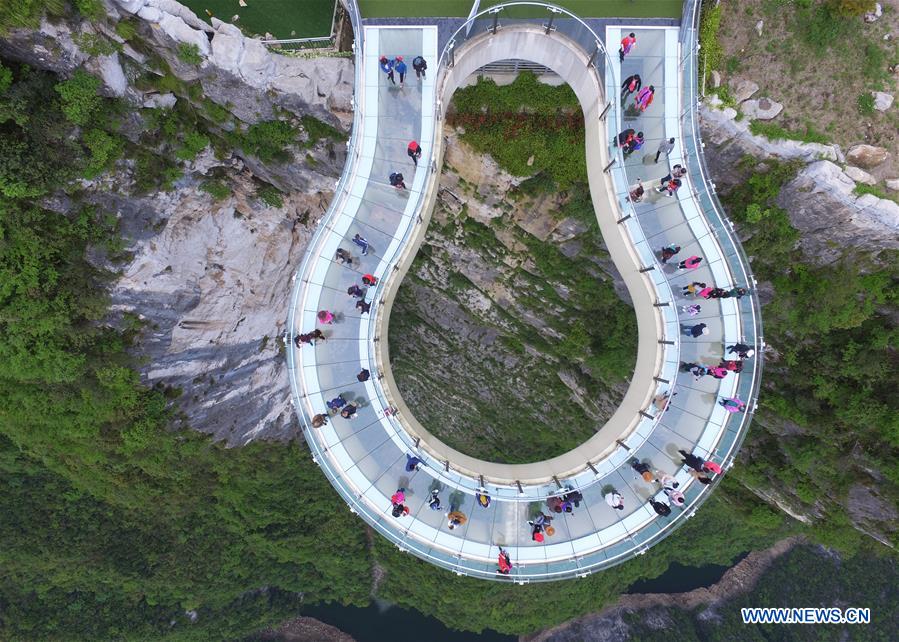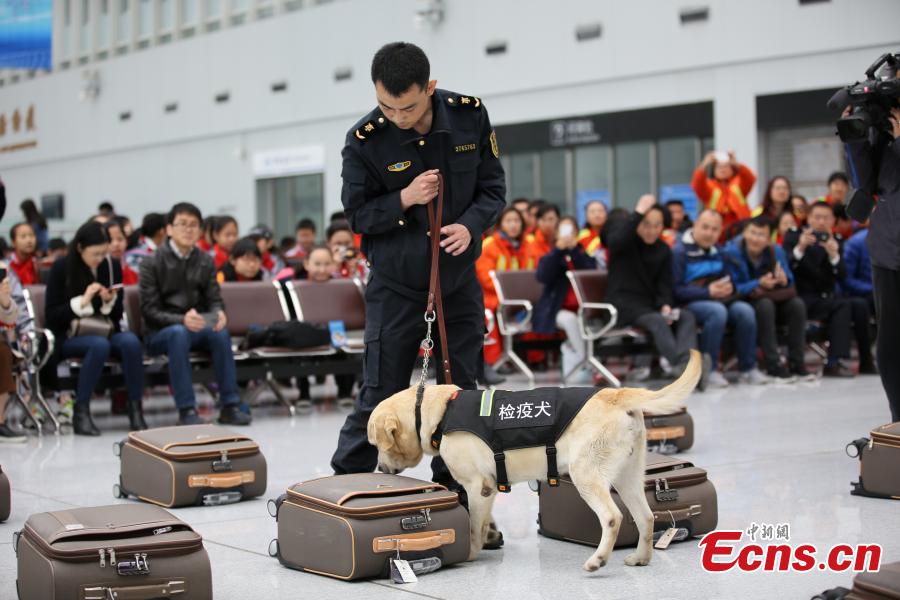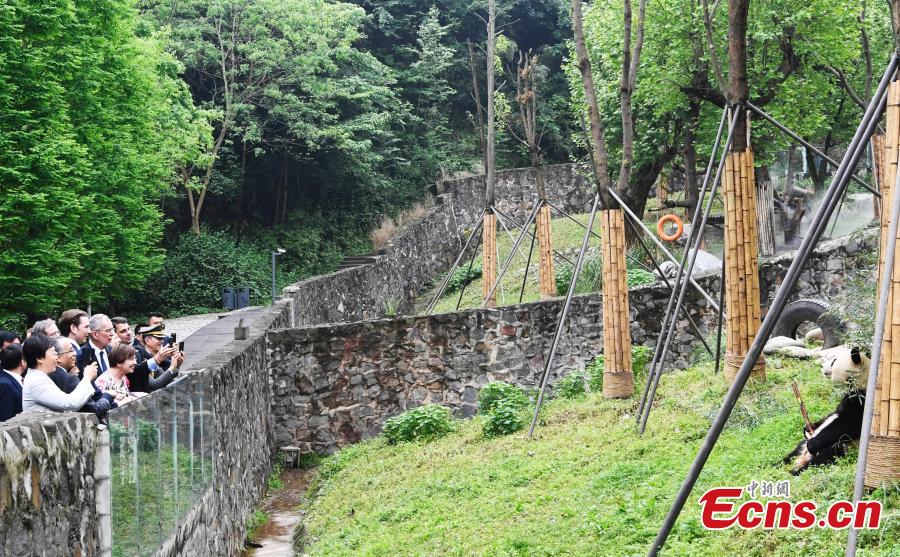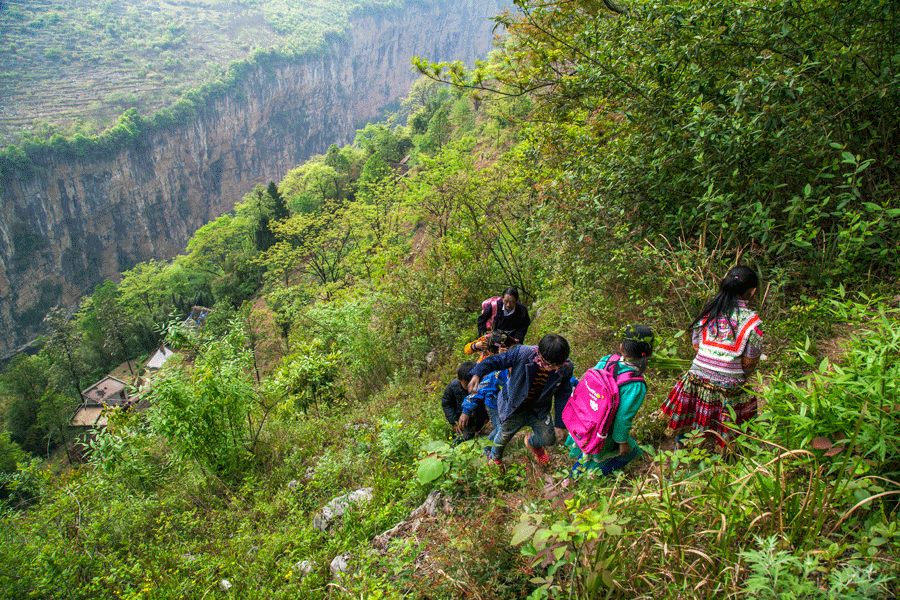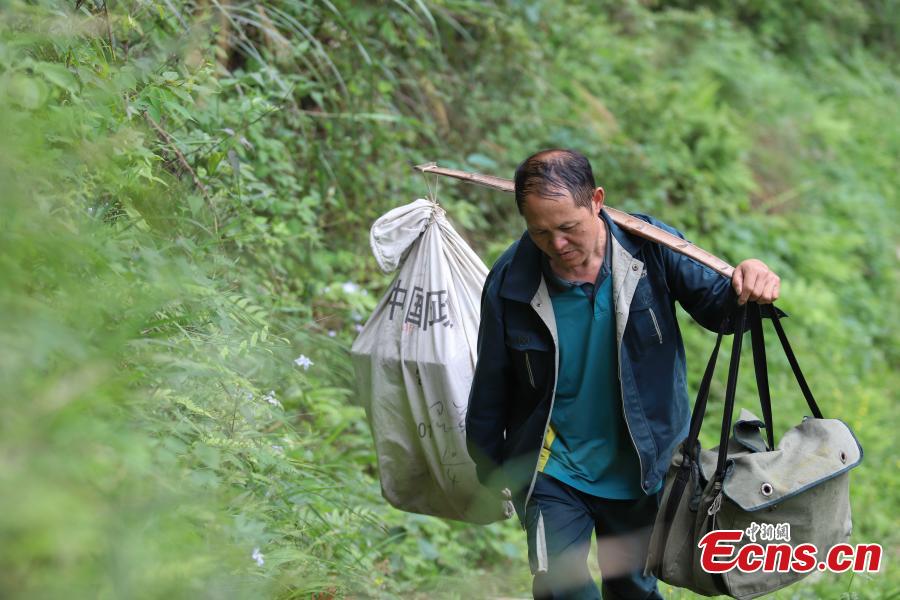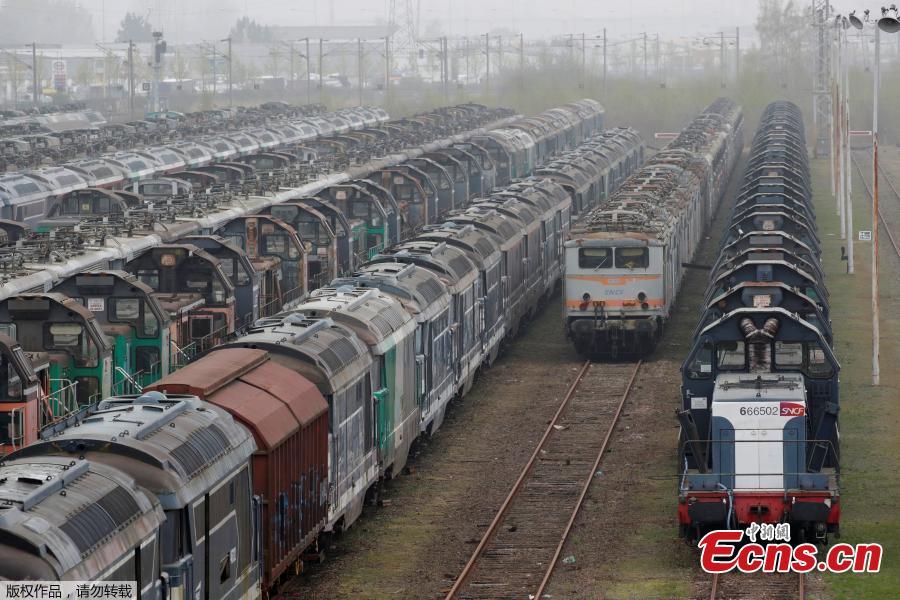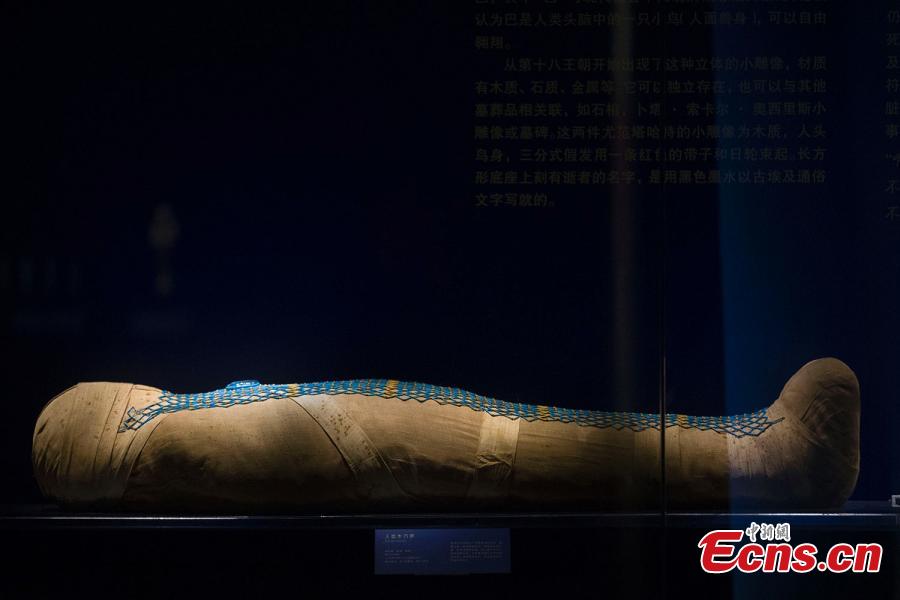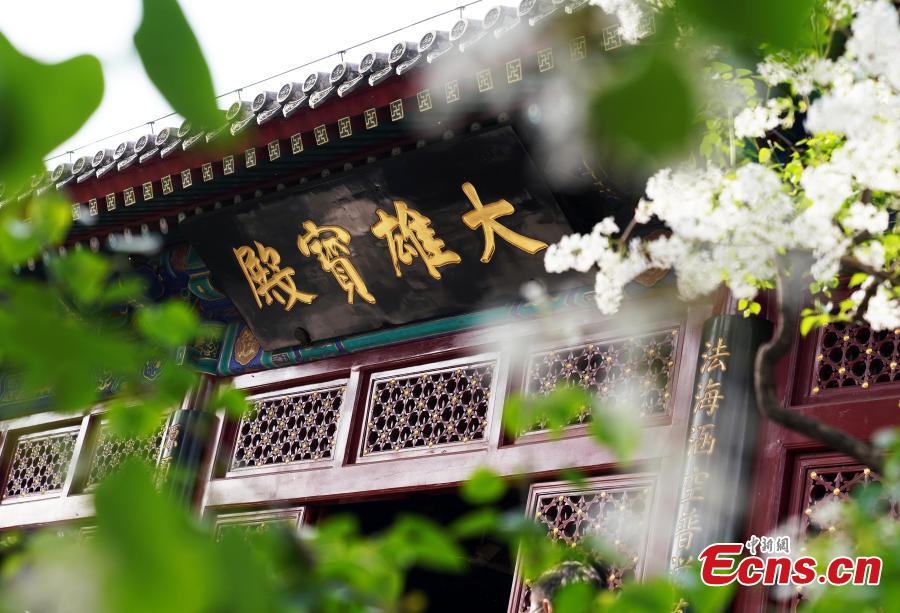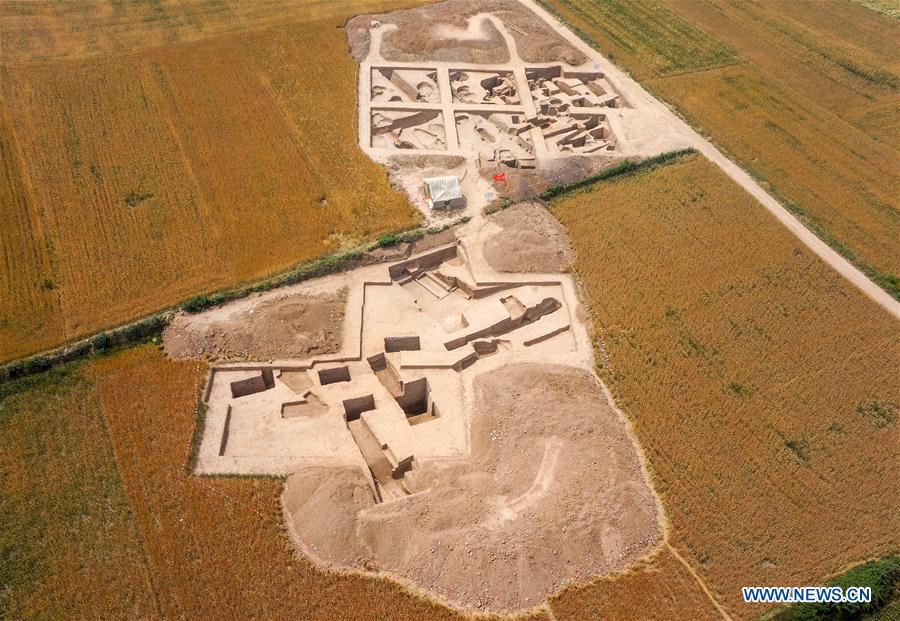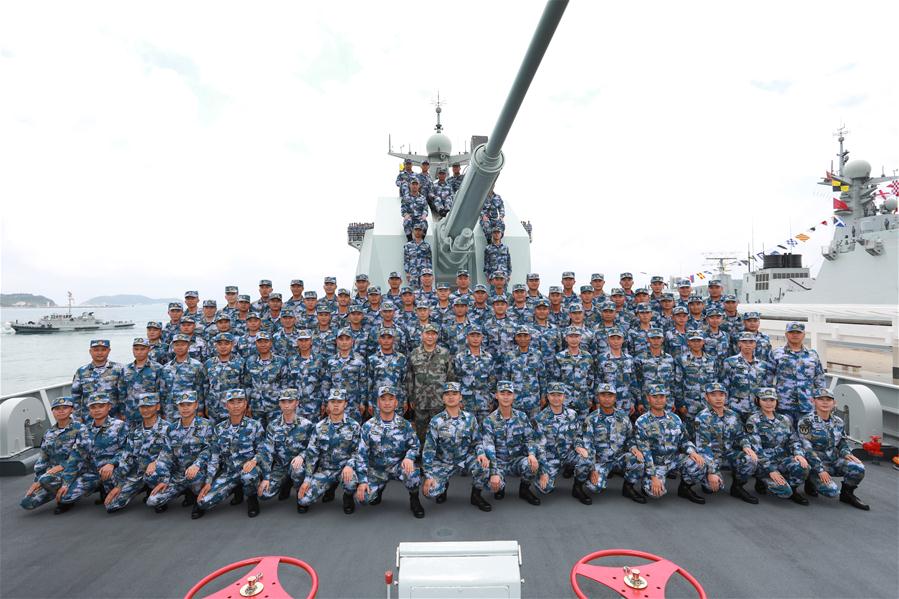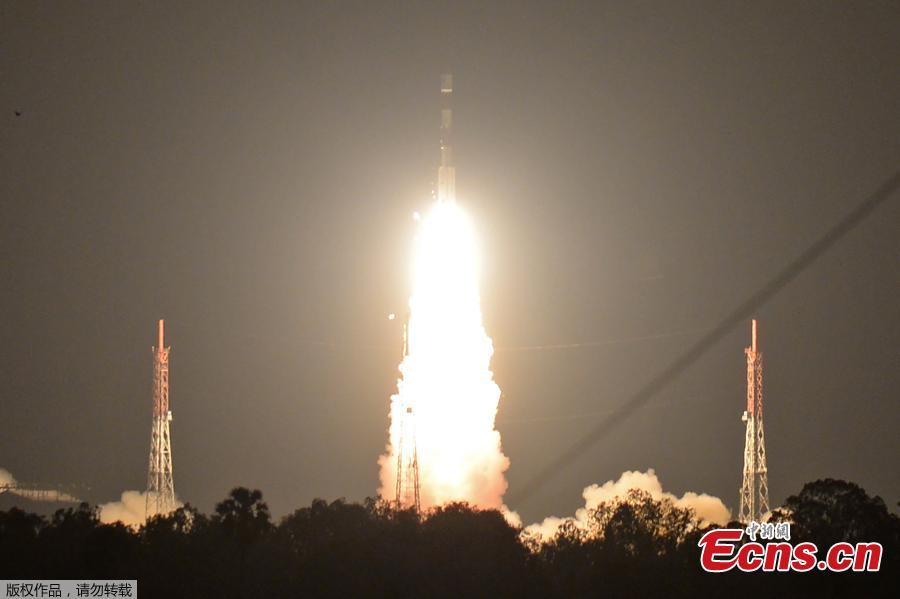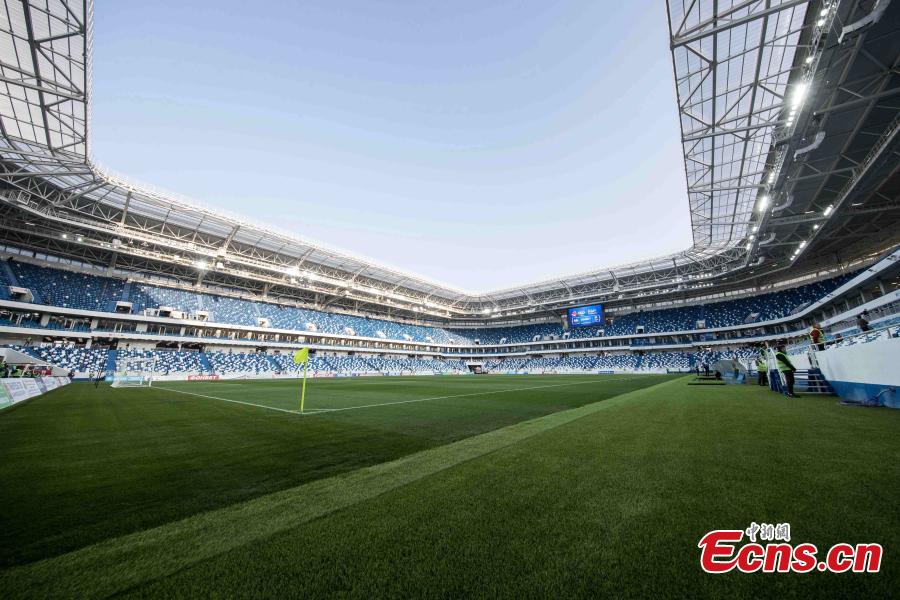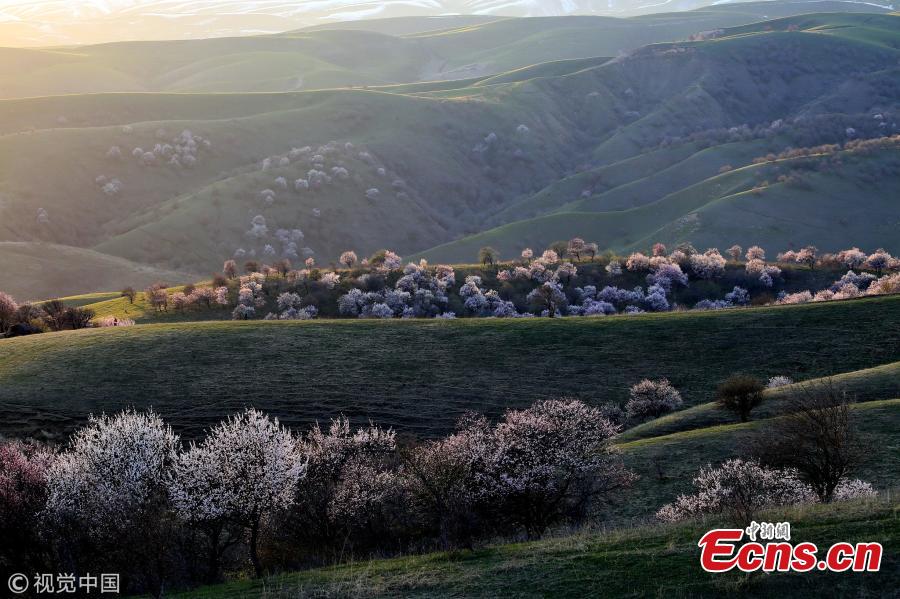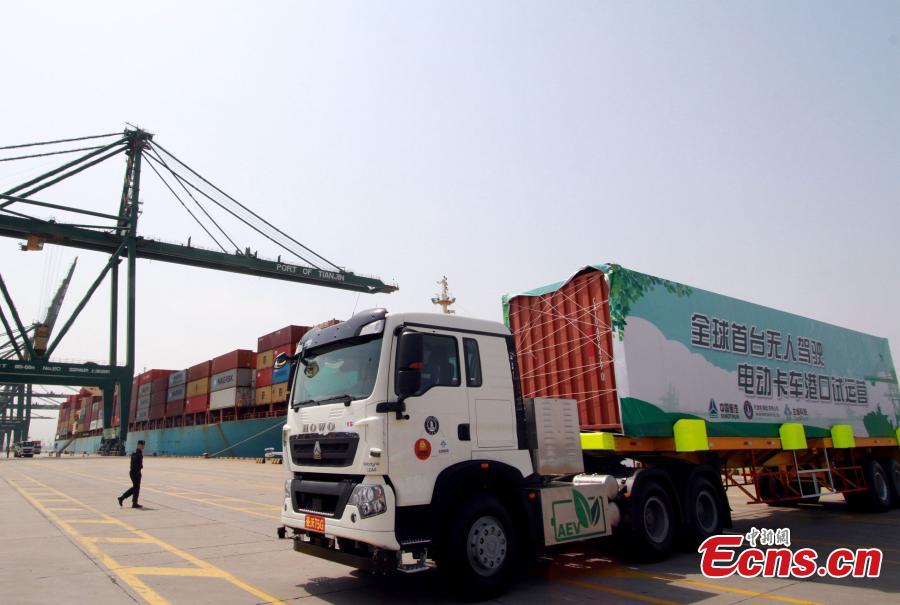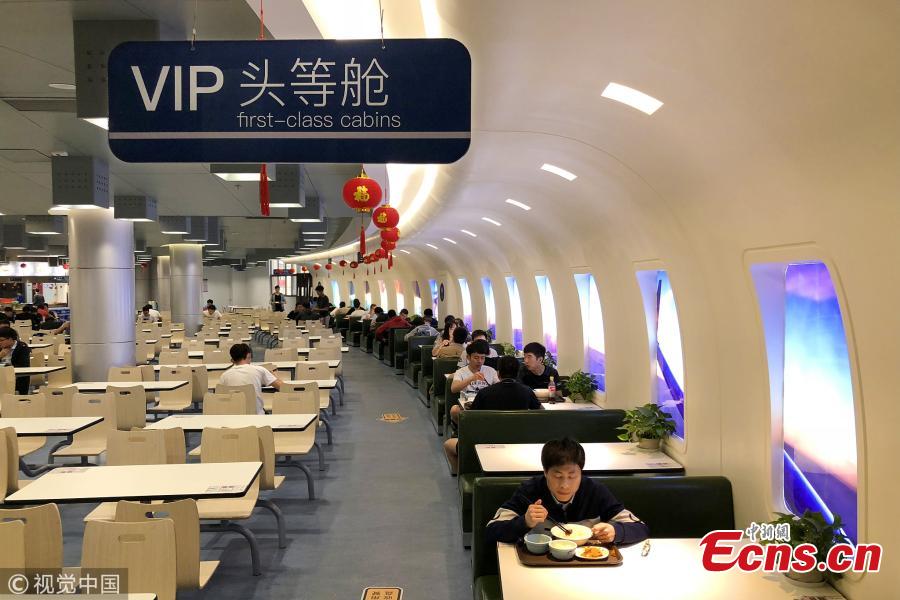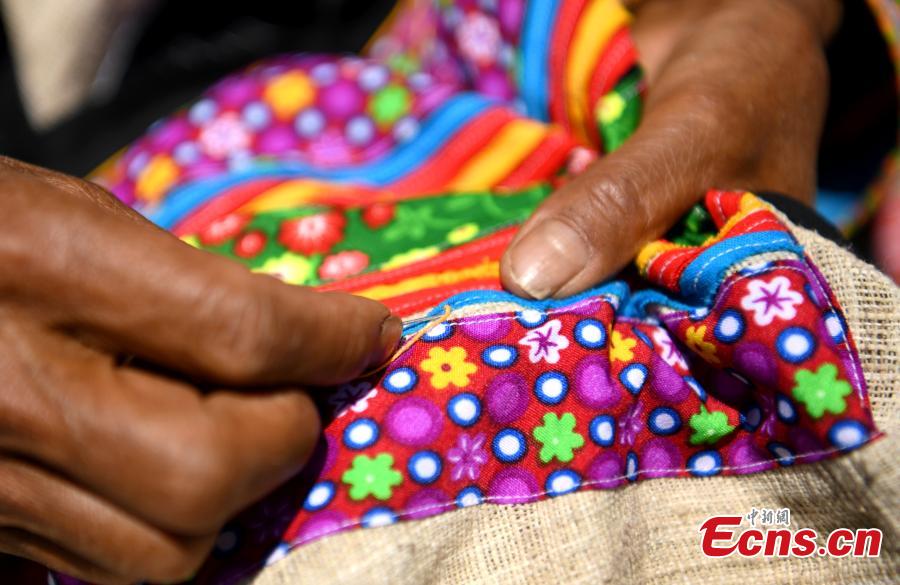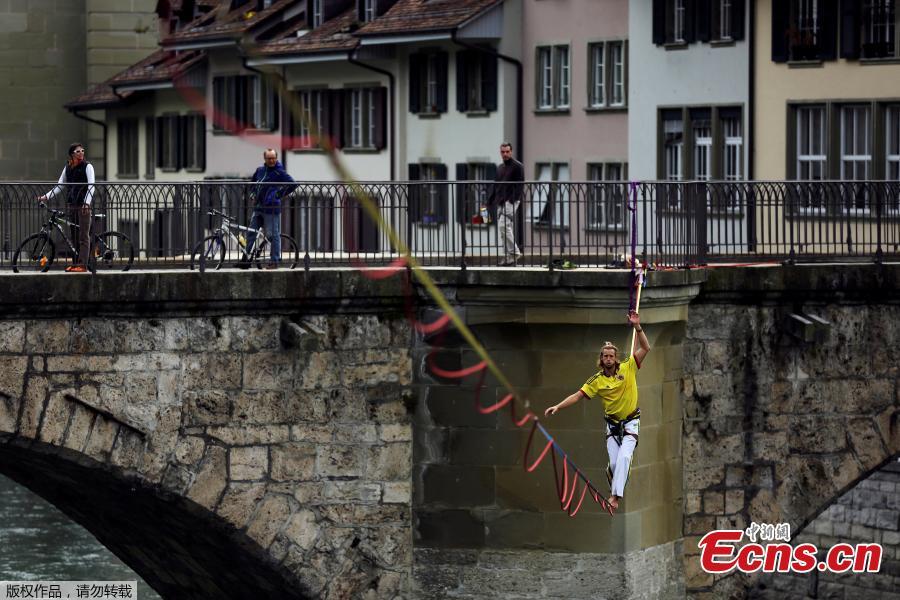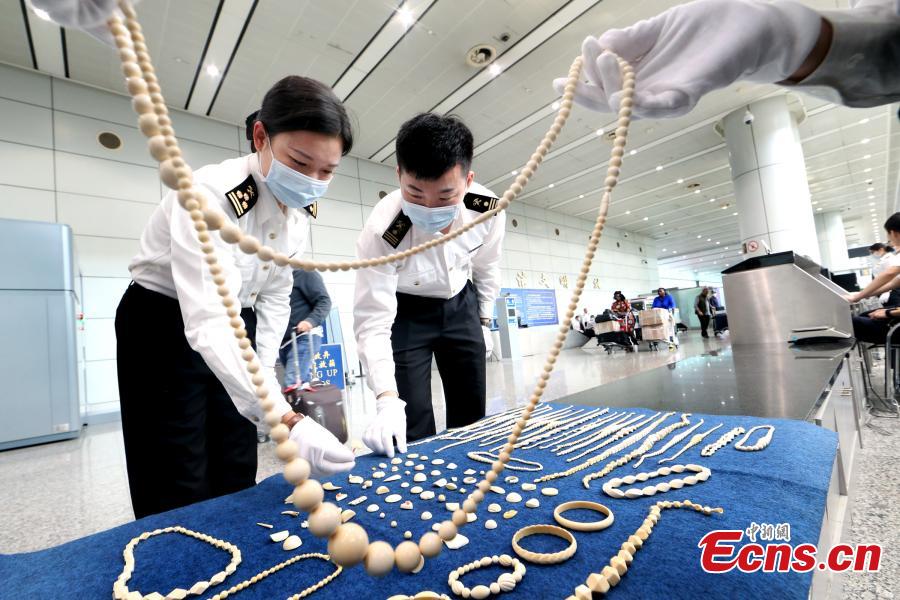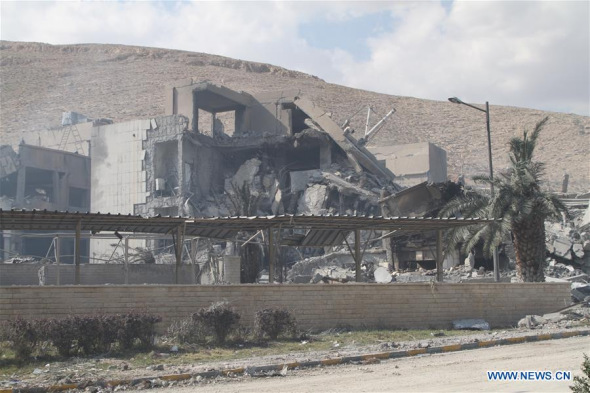
Photo taken on April 14, 2018 shows relics of the Scientific Research Center in the Barzeh neigborhood of northeast of Damascus, after United States, Britain and France carried out a wave of joint airstrikes on Syrian military facilities. The U.S., along with its allies Britain and France, launched missile strikes on Syrian military positions earlier on Saturday. (Xinhua/Monsef Memari)
The U.S.-led military attacks on alleged chemical weapons facilities in Syria have raised grave global concern, with politicians calling strongly for relevant parties to return to dialogue and avoid an escalation of tensions.
The strikes, launched by the United States along with its allies Britain and France before daybreak Saturday, followed reports of alleged chemical weapons use in Douma near the capital city of Damascus on April 7.
The Syrian government has strongly denied the allegation, calling for the Organization for the Prohibition of Chemical Weapons (OPCW) to send a fact-finding mission for investigations. However, the three nations carried out the strike on the day the mission just arrived in Damascus.
Chinese Foreign Ministry spokesperson Hua Chunying on Saturday urged the relevant parties to return to the framework of international law and resolve the Syria issue through dialogue and negotiation.
Hua said China opposed the use of force in international relations and called for respect for other countries' sovereignty, independence and territorial integrity.
With regards the alleged poison gas attack, where the three nations blamed the Syrian government, Hua said China believes a comprehensive, impartial and objective investigation should be carried out to reach a reliable conclusion that could withstand the test of time.
"Before that, a prejudgment should not be made," she added.
Britain's main opposition Labor party leader Jeremy Corbyn described the strikes as a "legally questionable action," saying that the British government should not take instructions from Washington.
"Bombs won't save lives or bring about peace. This legally questionable action risks escalating further," Corbyn said.
"The (British) government should do whatever possible to push Russia and the United States to agree to an independent UN-led investigation ... so that those responsible can be held to account," he added.
Finnish President Sauli Niinisto said the overnight attack does not solve anything, but has a "punishment character."
In a live interview aired by Finnish national broadcaster Yle, Niinisto underlined the importance of "keeping contact with the other side so that a step forward in the conflict would not be taken accidentally."
The Belarusian Foreign Ministry on Saturday strongly condemned the attacks, calling upon all parties involved to immediately stop the use of military force against other states and seek ways of settling conflicts through peaceful means at the negotiating table.
It said the use of prohibited weapons of mass destruction should not be tolerated and would lead to consequences.
"However, the response should be based on unequivocal and verified facts and made in strict compliance with international law. None of these criteria was observed by those who have attacked Syria today," the ministry added.
The Tunisian Ministry of Foreign Affairs expresses its concern about the development of the situation in Syria, calling upon all international parties "to unite efforts to avoid an escalation of the situation in Syria that could generate more tension and violence in this country."
Tunisia, it said, wants to unblock the Syrian crisis through a political resolution to guarantee the unity, security and stability of this country.
Pakistan Foreign Ministry spokesman Mohammad Faisal on Saturday called on all sides to "refrain from actions inconsistent with the UN Charter."
Regarding the suspected use of chemical weapons in Syria, the spokesman said it is important to establish facts through urgent and transparent investigations by the OPCW.
Brazilian President Michel Temer said the UN's involvement should always be a standard approach to resolving regional and international issues like the one in Syria.
"We have stated that an international solution is needed, and not a fragmented (response)," Temer said on the sideline of the ongoing eighth Summit of the Americas held in the Peruvian capital of Lima.
Argentine President Mauricio Macri also called on countries to avoid escalating the tensions.
"Argentina calls on the international community to take steps which allow for the preservation of peace and security, avoid actions which will cause an escalation of tensions and ... follow paths of dialogue within existing international commitments," Macri said.









